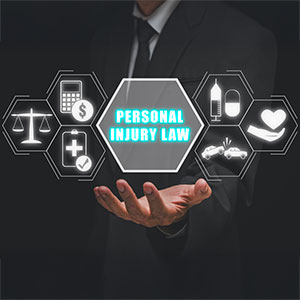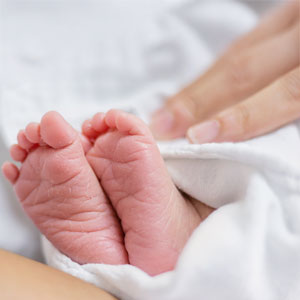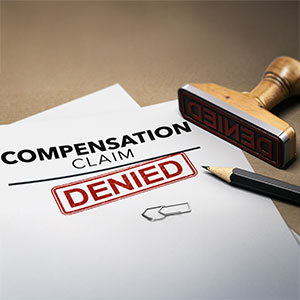Duty To Supervise Children In Florida When A Special Relationship Exists
Personal InjuryIn Florida, there is generally not a duty for a person to take affirmative action to protect or provide aid to another unless there is a “special relationship” that exists. A “special relationship” exists under a number of different scenarios including (see section 314A of the Restatement (Second) of Torts:
- parent and child
- passenger on a common carrier
- guest at a hotel or motel
- child in custody of a school
- employers to employees
- possessors of land to invitees
When one of these (or any other) special relationships exist, then there is a duty to act with reasonable care to provide care or protection to the other person in need.
Thompson v. Baniqued-Neighbors Can Assume Duty Of Care
Under Thompson v. Baniqued, 741 So. 2d 630 (Fla. 1st DCA 1999), it was held that a neighbor could (although she did not in this particular case) voluntarily assume a duty of care for a child. When you voluntarily agree to “custody” of a child (i.e. a parent leaves their child with you and you affirmatively accept the responsibility), then you assume a duty to supervise that child, to protect that child from harm, and to provide care in the event that it is needed. This includes protecting a child from themselves and dangers that they might get into.
This is essentially the same care that a parent provides to their own child except that it is provided by a third party who may become legally responsible in the event that the third party does not act reasonably.In the actual case, Ms. Baniqued was a neighbor who voluntarily “watched” children in her neighborhood although she never formally acknowledged any responsibility to do so.
Likewise, Ms. Baniqued’s proximity to the child at the time of injury does not make her responsible. In order for liability to attach, Ms. Baniqued would have needed to affirmatively assume responsibility in the absence of a parent.
This means that neighbors can be held legally responsible for injuries to children when they voluntarily and knowingly “babysit” while the child’s parents are away.
Parents’ Liability For Torts Of Their Children
Part and parcel with a parent’s duty to protect their children is the issue of when parents become legally liable for wrongs committed by their children. Under Florida law, parents are generally not held legally responsible for torts committed by their children.
Exceptions to this rule are when:
- a parent entrusts their child with a dangerous instrumentality
- the child is acting as the parent’s agent or carrying out instructions from the parent
- the parent knows of and consents to a tortious act by the child
- the parent fails to exercise control over the child when injury to another is a possible or likely consequence
Therefore, a parent may become legally responsible to a third party when their child causes injury to that third party.
Liability Coverage Under A Homeowner’s Insurance Policy
In Florida, most homeowner’s policies provide coverage for legal liability of the owner and resident relative, including minor children. This means that the owner of the property or relatives living with the owner negligently cause injury to a third party, then the insurance policy provides a defense and payment for damages up to the policy limits.
If you have an injury to your child, you may need to exhaust all creative avenues of legal responsibility in order to obtain compensation for your child’s injury. These claims are often between people who know each and likely would rather not sue each other. However, it should be remembered that the purpose of insurance is to compensate in the event of a loss or an injury.
Get Help With Your Case
If you have a situation where your child was injured, you should consult a Lakeland personal injury attorney to determine whether you have a viable claim. Personal injury consultations are free.


